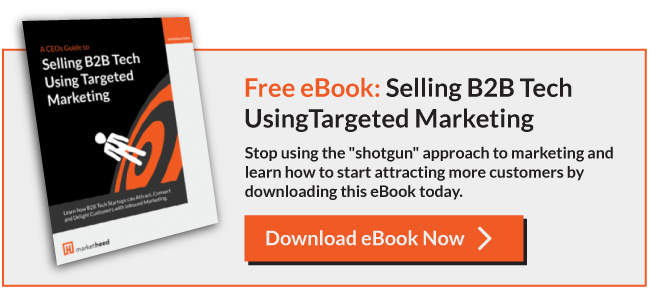
No one knows all there is to know about everything. Some people are experts in certain fields or about specific topics, and they may know more than virtually everyone else. In some instances, they may know special details that are unknown to everyone else.
However, regardless of whether the experts have information that is narrowly focused or all-encompassing, the best that can be said is that their statements are only true within the scope of their personal knowledge. Even when you sign a legal document, you are not attesting that the statements you make are guaranteed to be 100 percent accurate; you are merely affirming that the facts are true to the best of your knowledge.
As marketers, you can only make claims that are, as far as you know, true. You cannot make claims that you personally know are false. Furthermore, in today's litigious environment, you must often include disclaimers for every claim, adding phrases such as "when used as directed" or "under normal operating conditions."
Given these facts, why would a business buy from you if you cannot give them an ironclad guarantee that every tiny claim you make is not only true but also true under every condition in every circumstance? The simple answer is that you have somehow convinced them that your product or service will benefit them in some manner. It will perform as advertised without causing issues that inconvenience the buyer, and should your product fail to deliver, you are willing to stand behind your services or products to the customer's satisfaction.
This is where the story comes in. A story can be a powerful and convincing marketing tool. When you tell your brand's story, you are essentially telling why you are in business. You are stating why you offer what you do and why you believe that your customers should buy from you. You are expressing your convictions that what you are doing is both correct and ethical. You are assuring potential customers that they will have no regrets when they make purchases from you.
What should be included in your story? The details you include in your story depend a great deal on what you are selling as well as who you are. Some examples:
- Major international corporations often tell stories that emphasize their history of developing cutting-edge products, their record of environmentally friendly manufacturing, or their commitment to community works. They may choose to incorporate facts about their award-winning customer service, the investments they have made to improve products that were already considered outstanding, or the "happiness quotient" of their employees.
- When a product or technology is disruptive, the stories are often focused on explaining why customers need this new product. In short, the goal is to create a demand for the product or service. To give you an example, consider the history of the Xerox Corp. Chester Carlson patented a process to produce photocopies in 1938. By 1944, more than 20 companies, including General Electric and IBM, had rejected his offer to sell his patent, as they did not believe photocopiers had much of a future. Today, copy machines are considered essential for virtually all businesses. In the early days, however, Xerox had to tailor its story to explain the benefits of their machines, a far cry from the company's current story.
- Start-ups need to tell a different type of story, depending on whether they are marketing an innovative product or one that already exists. As a new company, they need to generate awareness while building credibility and trust. If the company was founded specifically to market a brand-new product, they must also explain why they believe so strongly in the new product. With a new product, the story often needs to convince customers to budget for it; after all, if the customer did not know that a product or company existed, they could not have budgeted accordingly.
Telling your story lets you build relationships without high-pressure sales tactics. It is letting your clients know why you exist — your reason for being.
Storytelling can be your most effective B2B content-marketing strategy in today's competitive economy. Tell your story today.


